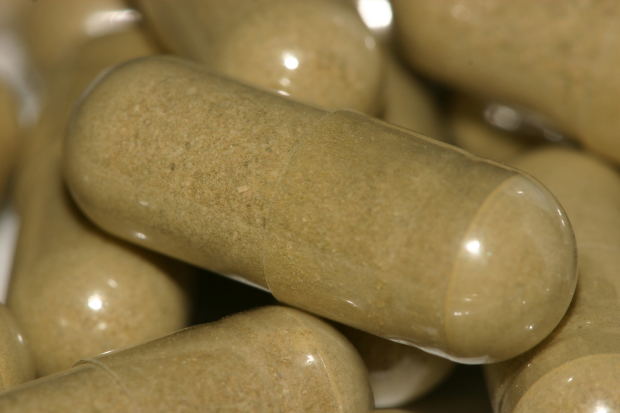
The supplement industry fights any regulation that might limit sales or improve safety or quality. A new paper suggests that governments should look to tobacco control tactics to make this industry safer for consumers.
The idea that “natural” products are safe and effective has been so effectively marketed to us that many don’t recognize it as a fallacy. Much of the supplement industry is built around an appeal to nature. Supplements are described as natural, gentle, and “holistic”. Medicine, especially prescription drugs, is the opposite. They’re “chemicals”. They’re risky and dangerous – just look at that list of side effects! Supplements are packaged beautifully, have impressive claims, and at health food stores and increasingly, taking space in pharmacies. Drugs are hazardous: They may come in a plain vial, with warning labels, detailed information sheets, and cautious statements about their effectiveness. Is it any wonder that many consumers, when faced with health concerns or medical issues, instinctively think of supplements as a safer alternative? Purveyors of supplements and alternative medicine have leveraged this fallacy so effectively that it’s even guided the regulations that allow their sale. Regrettably, the result is a marketplace that puts consumers’ interests last. The supplement industry has completely stacked the odds against the consumer, challenging their ability to make informed decisions about their health. Most supplements on the market have never been properly tested for safety or effectiveness. And those that have been tested have largely been shown to be ineffective – or in the case of products like vitamins, often unnecessary. And while there are undoubtedly some ethical companies out there, the industry is regularly revealed to resemble a wretched hive of scum and villainy. Despite this, the industry has gone from success to success – in terms of sales, at least. In 1994, supplement sales were about $4 billion in the US. It’s now a $37 billion industry that is remains only lightly regulated – or largely unregulated. With recent action taken against fraudulent products, there are more questions than ever about how to force the supplement industry to make consumer protection a priority. A new paper in Drug Testing and Analysis makes a provocative suggestion: Local and state governments already regulate another hazardous product: tobacco. Can lessons learned from the tobacco wars improve the safety of supplements? Continue reading





You must be logged in to post a comment.